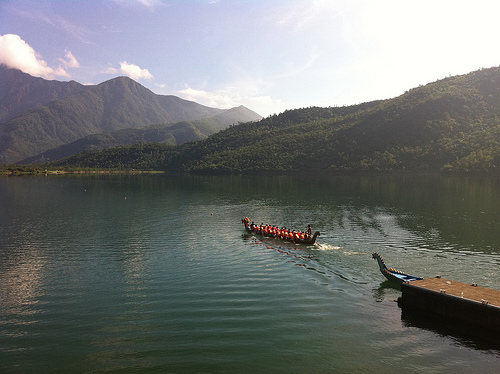If you’ve been living under a rock for the past week you might not have noticed that the NCAA men’s basketball tournament is underway. My own fandom encompasses many different kinds of sports each for different reasons, but far and away the men’s tournament is the most entertaining televised event of the year. We’ll just have to set aside the irony of recognizing the problematic nature of elite-level college sports while enjoying it as faculty. Sorry! That’s a whole other post. Here I want to bring up a semiotic curiosity and get your feedback.
Non-sports fans, let me set the stage.
Over the course of the basketball season the teams play each other and develop reputations for their skill (or lack thereof), and the culmination of the season is a tournament in which only select teams are invited to play. There’s a lot of drama leading up to the tournament as a convoluted selection process decides which teams will play and in what order they will meet. As the anticipation builds and the media hype machine goes into overdrive we often hear the basketball tournament marketed as “the Dance” or “the Big Dance.” In this narrative the selection process is likened to a courtship ritual, with the teams as available women each of whom wants to make herself appear as desirable as possible in order to draw the most attention from suitors.
The selection process results in a numerical ranking for each team that represents their quality. The contest begins by pitting the weakest against the strongest. In theory this should give the strongest teams the best chance for advancing, but every year their are surprising upsets in which the underdog beats a heavily favored team.
If an underdog wins twice in row it is said to be a “Cinderella.” In this well known folktale, Cinderella, a girl in a structurally disadvantaged position in her family, undergoes a transformation in which she is revealed to be more beautiful and powerful than her mother (and sisters) who had previously tormented her. In the Disney version of this tale, the version most popular among young people in America, Cinderella goes to a dance with her identity masked and while she’s there she is courted by a Prince as her sisters and mother look on powerless to stop her.
Continue reading
